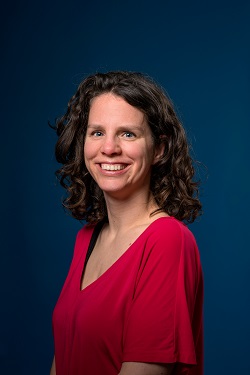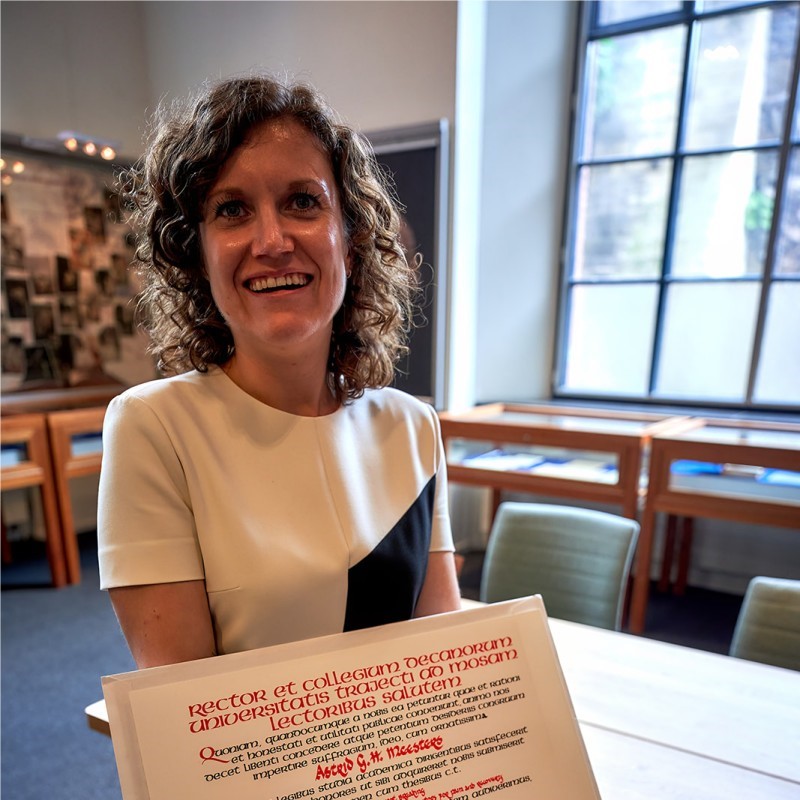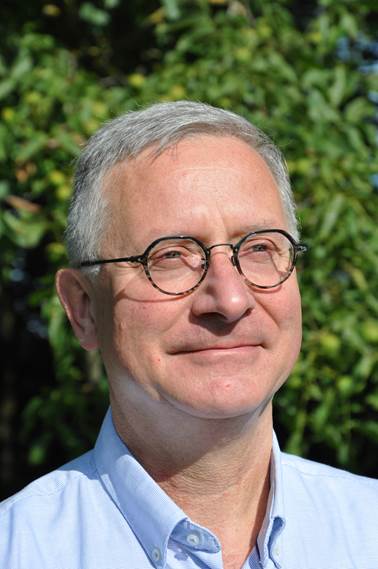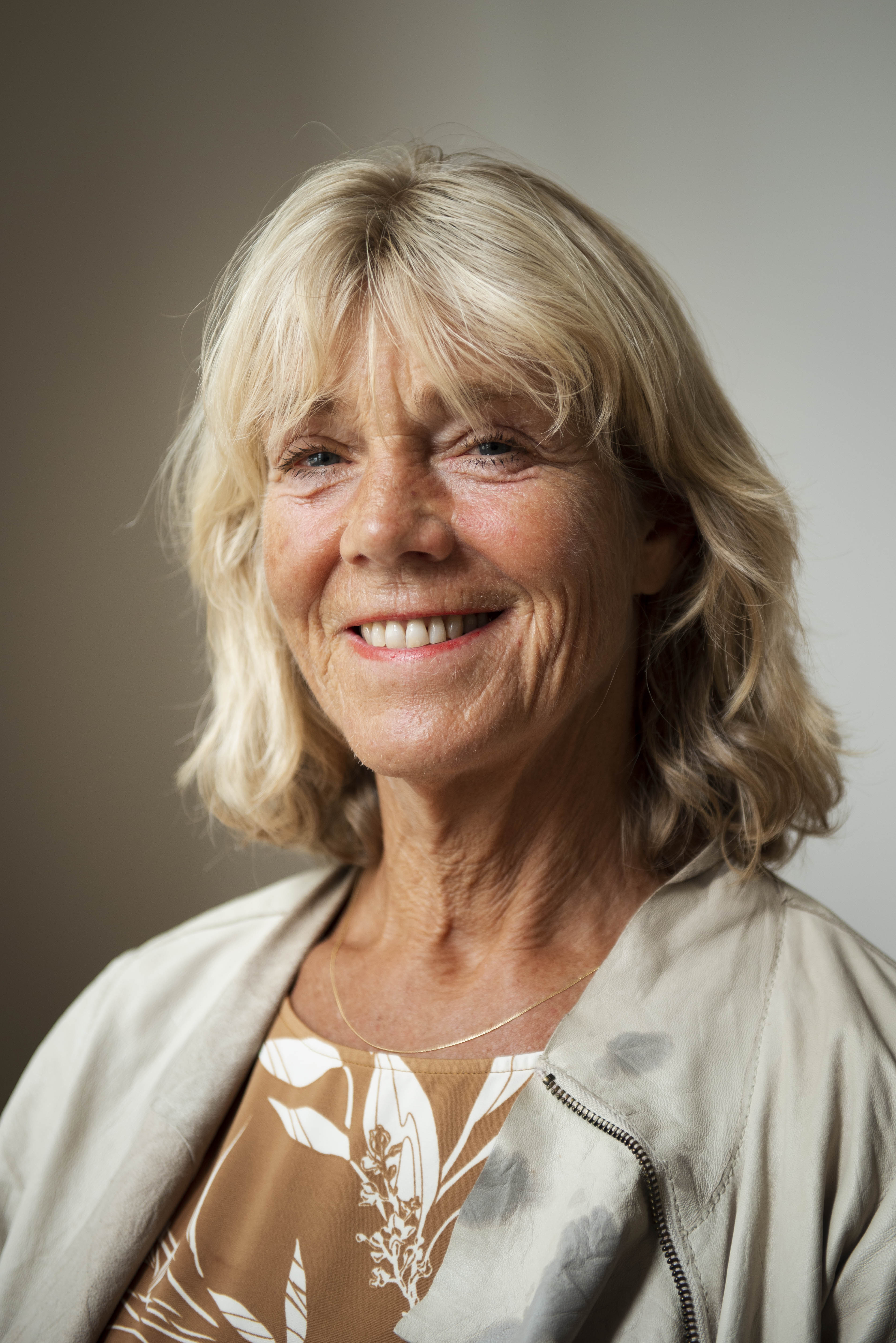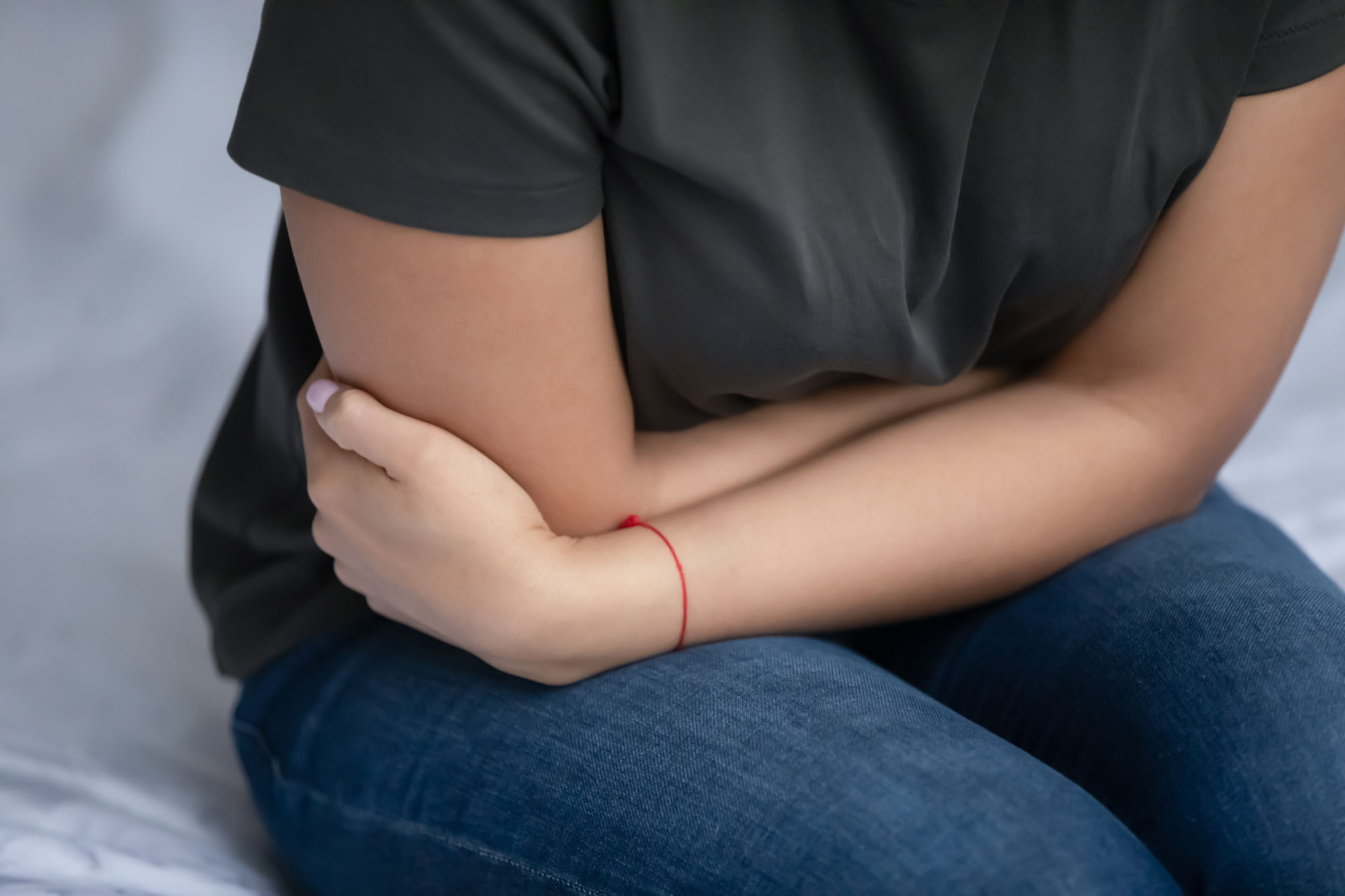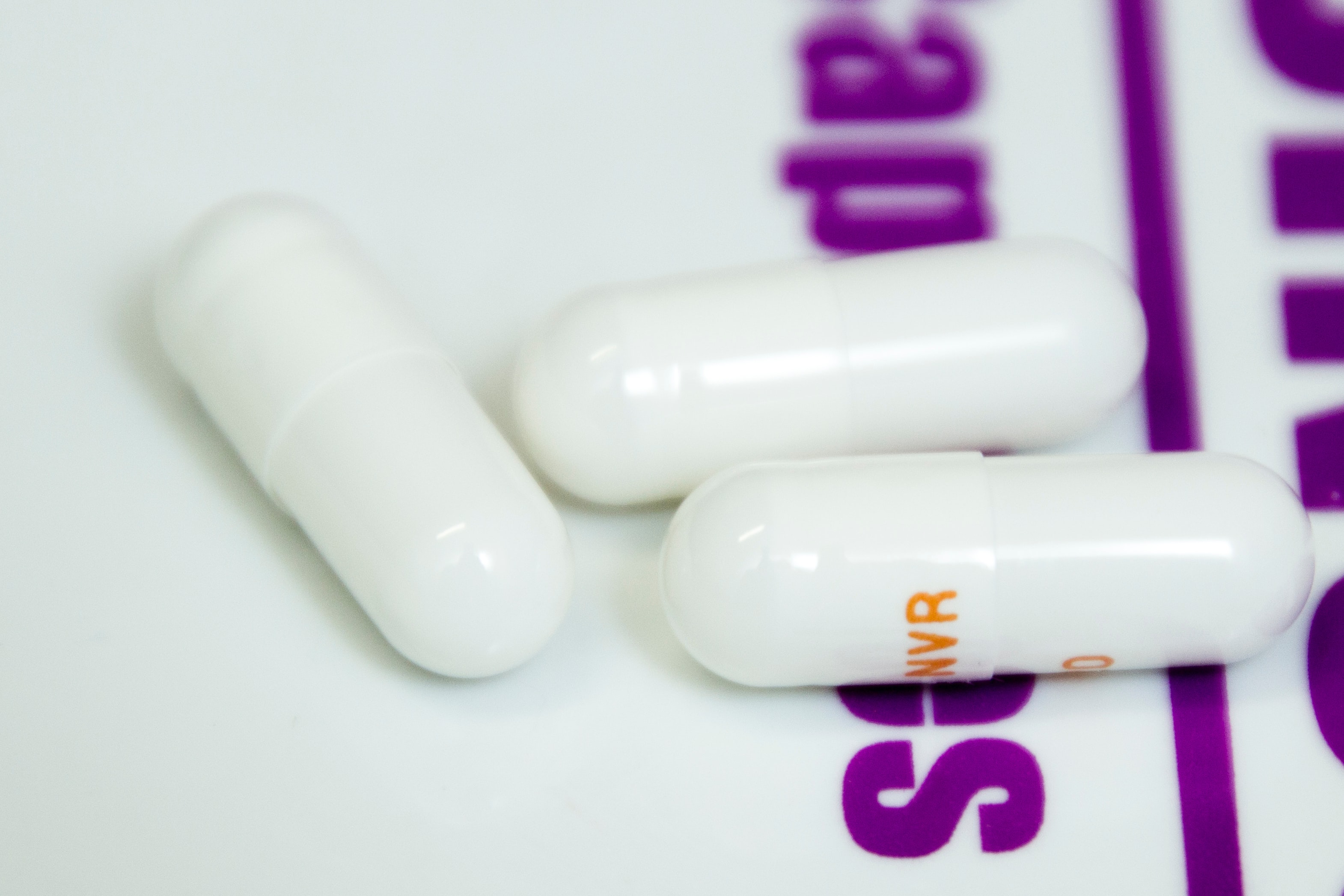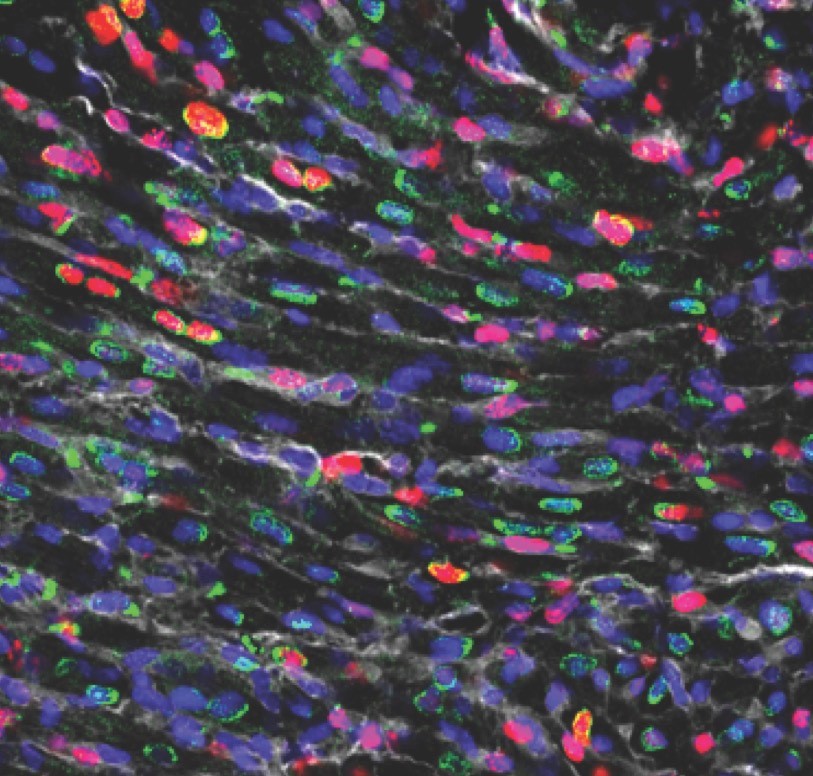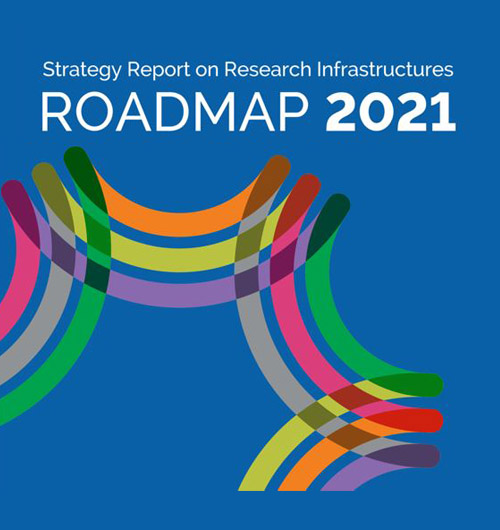News
-
Nienke Verstegen, researcher at De Forensische Zorgspecialisten, has conducted research on aggression within forensic care and its impact on patients and staff. On July 6, 2023, she will receive her PhD from Maastricht University with her dissertation 'Hurt people hurt people. Characteristics and...
-
Astrid Meesters received her doctorate on Sept. 28 with her PhD research on flexibility and mindfulness as resilience factors for pain and recovery.
-
In his PhD research, Kristof Vandael investigated how this generalization of pain-related avoidance can be inhibited in the lab to help optimize therapy for chronic pain or even prevent the development of chronic pain.
-
Prof. Dr. Leentjens at Maastricht University has been researching the relationship between psychiatric and neurological symptoms for years in order to pay more attention to mental symptoms in treatment.
-
In honour of the presentation of the VNVA Els Borst Prize for her oeuvre, Prof Marlies Bongers is organising the symposium "menstruation in RED on the agenda" on 1 October.
-
In women trying to conceive, 1-3% experience repeated miscarriages. For more than 50% of these women, a cause for the miscarriages has yet to be found. New research from Maastricht University (UM) and the Maastricht University Medical Centre+ (MUMC+) shows that the immune system’s Natural Killer (NK...
-
The European Commission has awarded €23 million to set up a new platform for drug repurposing: the use of existing drugs in diseases other than those for which they were originally developed. In the next seven years UM will develop the platform REPO4EU (precision drug REPurpOsing for Europe)...
-
The ESG rating, the hallmark that indicates that companies are conducting business in a socially responsible way, often appears to be a promise that only exists on paper. While large investors, such as Dutch pension funds, actually use it to make responsible investments.
-
Scientists and cardiologists have known for decades that once a piece of heart muscle has died, for example due to a heart attack, it will never grow back. However, a research group from Maastricht University led by Professor Leon de Windt has now shown that by tinkering with microRNAs, heart muscle...
